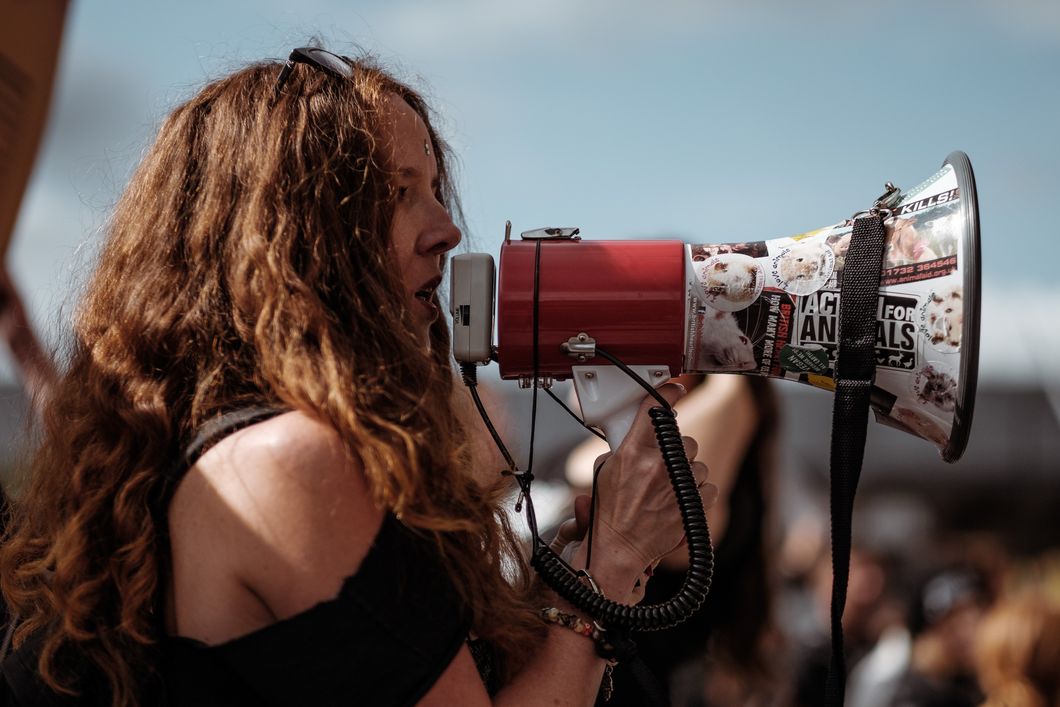Surprising, yet inevitable. During my freshman year Creative Writing class, my professor told us that stories should have surprising, yet inevitable endings. And in my estimation, that's quite true. You want to be able to read a story, be truly surprised by what you find, but also feel that whatever you read was so unavoidable it is a wonder how you didn't figure it out in the first place.
As a reader, this makes for a wonderful conclusion. As a writer, I find it to be a daunting task. We're constantly bombarded by messages telling us to voice our opinion and to find our voice, tell our story. As an Odyssey writer, each week, they tell us to pull from our identities to truly find an excellent story or a unique perspective. However, I am faced with the fear that maybe I don't have a unique perspective or any stories that are worth telling. I have a voice, but what am I using it on?
From the furthest edges of my memories, I can recall wanting to be a writer, regardless of what I did as a day job. I love the act of writing and the feeling of creating beyond the realms of the imagination. Real and imaginary are up to the author, but even greater is that once you create a story, that story no longer solely belongs to the author. It becomes a child of the audience, who can develop or add insight to the story. Reading connects those who enjoy solitude and it gives people the opportunity to see beyond their own perspective.
However, that immense power to create something is so daunting. I could write what I know, but how much do I actually know? Or I could try to imagine the world from a different vantage point, but how could I do something justice that I haven't personally experienced? I could try, but how would I know for sure? What stories do I have to tell? Do I have anything to tell that I haven't said many times before?
Every time I attempt to write, I'm faced with those questions. Is there anything new, or shocking that I could produce that hasn't been said? Many things are inevitable, but they are mundane and expected. Most stories can be boiled down to a great number of generalizations, with the same basic structure already predetermined. I think this stems from the fact that we are so similar at our core, with about 99% of the same DNA. That 1% is powerful in practice, but it's also subtle in a broad sense.
As a writer, I'm pretty sure I'm going to always have these doubts about my perspective. What do I have to offer to the compendium of all literature? I'm not afraid to use my voice, I just fear that if I open my mouth, I won't have anything useful to say. I try my best to practice vocalizing my voice each week with these articles, but I also feel that constantly using our voice ends up in a lot of white noise. Social media and the internet is a powerful platform, but it also makes me question how much are we actually hearing and learning against how much we are just speaking. I think all speech should be free. Every person has a right to tell their stories. I just fear for the future of literature if we can still be surprised in an inevitable way.
We all have a right to speak, we just should choose to speak in the most effective, powerful ways.






















 sunrise
StableDiffusion
sunrise
StableDiffusion
 bonfire friends
StableDiffusion
bonfire friends
StableDiffusion
 sadness
StableDiffusion
sadness
StableDiffusion

 purple skies
StableDiffusion
purple skies
StableDiffusion






